There was a time when certain professions were in high demand, but as our society evolved and advanced, some of these professions became obsolete.
Moreover, with the aspect of ever-changing technology, many jobs that exist today are vastly different – or nonexistent – from those 10, 20, or 30 years ago.
So, what happened to all those old careers?
This list will discuss some of the strangest but back-then-necessary jobs that have disappeared.
You can mainly attribute the disappearance of many of these ways to make money to technological advances.
For example, modern bowling alleys have elaborate systems that collect balls and pins, so pinsetters are no longer necessary.
Likewise, with the spread of proper refrigeration, the cool job of ice cutters became a thing of the past.
This article will discuss ten strange professions that no longer exist.
Who knows, maybe you’ll learn about a job that you’re ancestors did before you were born.
The Human Alarm Clock
In the days before alarm clocks, people used to hire others to wake them up in the morning.
It may not seem complicated, but it was quite an essential job in the 1800s.
The “Human Alarm Clocks” or “Knocker Uppers” would often use long poles to tap on the windows of their employers or even shoot peas at the glass of their windows.

It may seem like an unnecessary job, but think about it, didn’t people back then need to wake up at certain times too?
After all, you could miss an important meeting or appointment if you oversleep.
Can you imagine having to pay someone to wake you up every morning?
Pinsetter
If you’ve ever been bowling, you’re aware that machines reset the pins after each turn.
But before these automatic pinsetters, there was a whole profession devoted to manually setting the pins back up.
The “employees” of these jobs were often children.
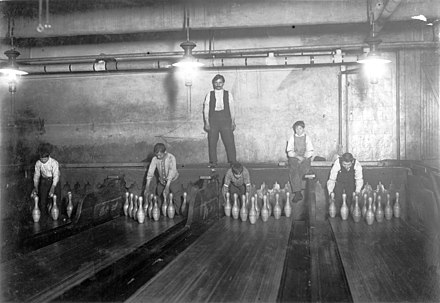
This was a tedious job. The introduction of automatic pinsetters in 1956 by the Brunswick Company was revolutionary for the industry – and put many manual laborers out of a job.
In addition, the job could be dangerous for the children as flying pins or bowling balls could hit them.
Of course, a job like this violates child labor laws today, but it was a different time back then.
Ice Cutter
Did you know that before modern refrigeration, people used to cut ice from lakes and rivers to store food?
Ice cutting was an actual profession in the 1800s, and it was a dangerous job.
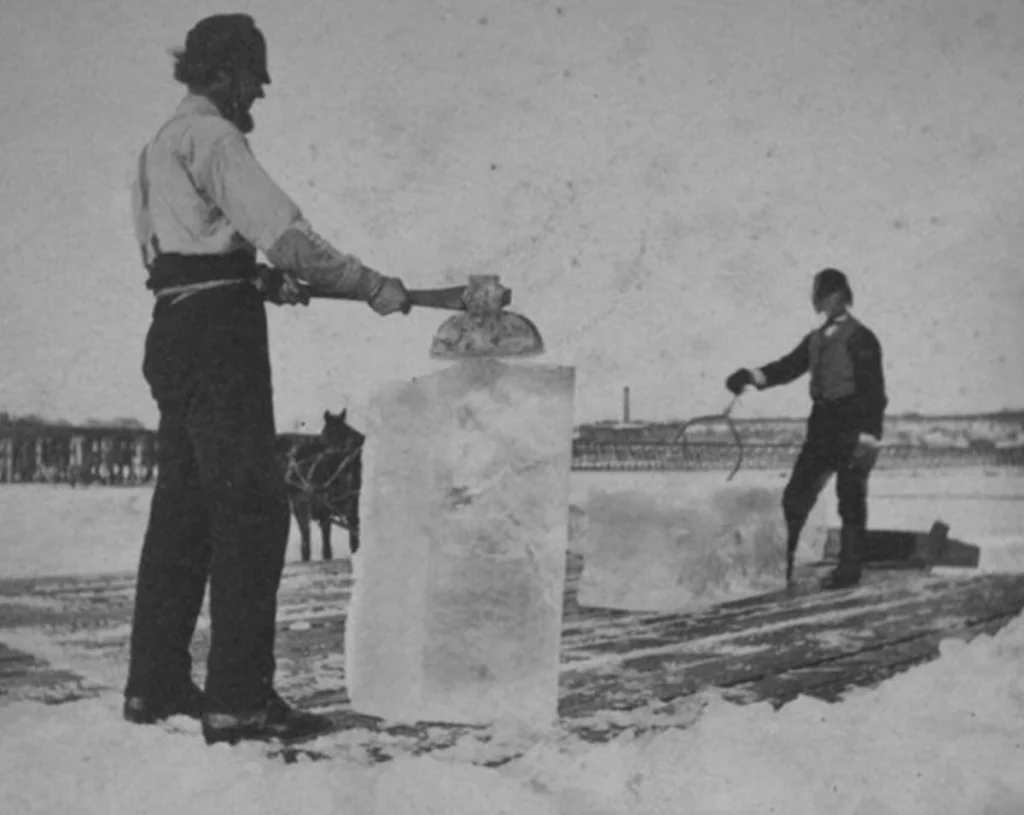
The ice cutters would use large saws to cut the ice blocks, which they would then transport to homes and businesses.
This profession quickly became obsolete with the advent of modern refrigeration by the 1920s.
It’s hard to believe that people used to do this for a living, but it shows how much our society has changed in such a short period.
Leech Collectors
In the days before modern medicine, leeches were used for bloodletting, a medical practice in which doctors extracted blood from a patient to treat various diseases.
You might view this as a strange and barbaric practice, but leeches were actually in high demand by doctors.
So much so that there were people who collected them for a living.
These “leech collectors” often went into swamps and marshes to find the leeches.
They would use old horses, which the leeches attached themselves to, or the collector would use their own bodies to attract the leeches.
Can you imagine having to do this for a living?
Lamplighter
It was the duty of a lamplighter to light the streets at night, just as it is with today’s electric streetlights.
Lamplighters used a long pole with a wick on one end to light the oil or candles in streetlamps, then returned to snuff them in the morning.
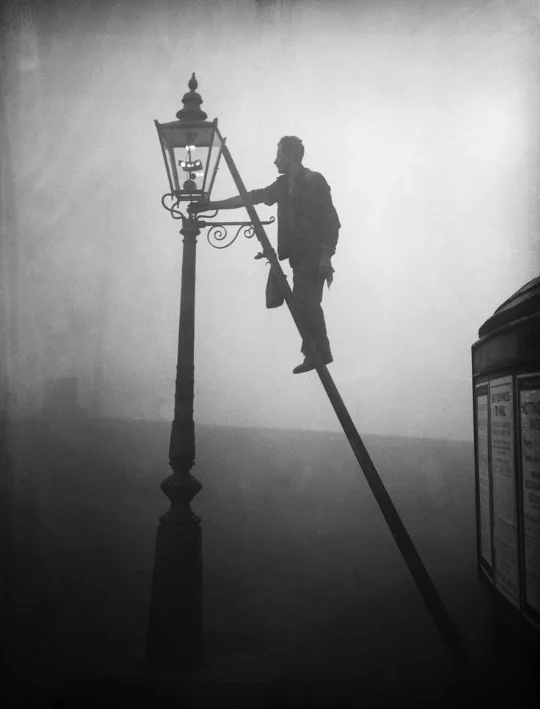
It’s challenging to locate a full-time lamplight, particularly in the United States, but they may hang out in tourist attractions in other countries.
Lamp lighting started to decline with the invention of gas lamps in 1814 in Europe and possibly even faster because of the incandescent light bulb by Thomas Edison in 1879.
The profession was obsolete and all but extinct by the early 1900s.
Rat Catcher
Rat catching was once a common profession, particularly in Europe, especially during the Black Plague, as rats were a significant problem in cities.
Rat catchers would trap or shoot the rats and turn them over to the authorities.

In some cases, they would also be responsible for disposing of the rats.
However, the job exposed them to sickness as rats could spread diseases.
With the advent of modern pest control methods, like rodenticides, this profession has disappeared.
The Human Computer
No, it’s not a science fiction movie; there was a time when organizations hired people to perform calculations now handled by computers.
These “human computers” were often women, as many believed them more capable of performing these repetitive tasks.
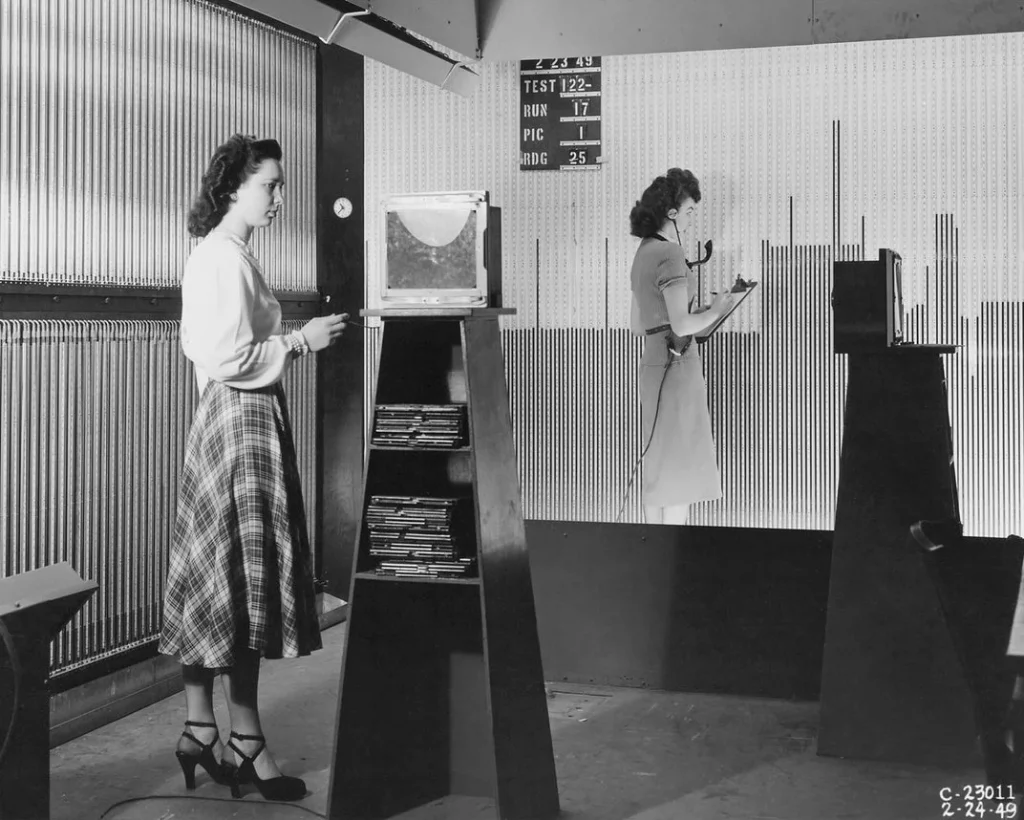
However, this profession became obsolete with the invention of the electronic computer in the 1970s.
Can you imagine having to do complex calculations by hand?
It’s hard to believe that this was once a real job.
Resurrectionists
Before modern medicine, people believed dissecting cadavers was the best way to study anatomy.
However, there was a problem with this, as legal cadavers were very rare.
So, people who needed cadavers for their studies would hire “resurrectionists” to steal corpses from graveyards.
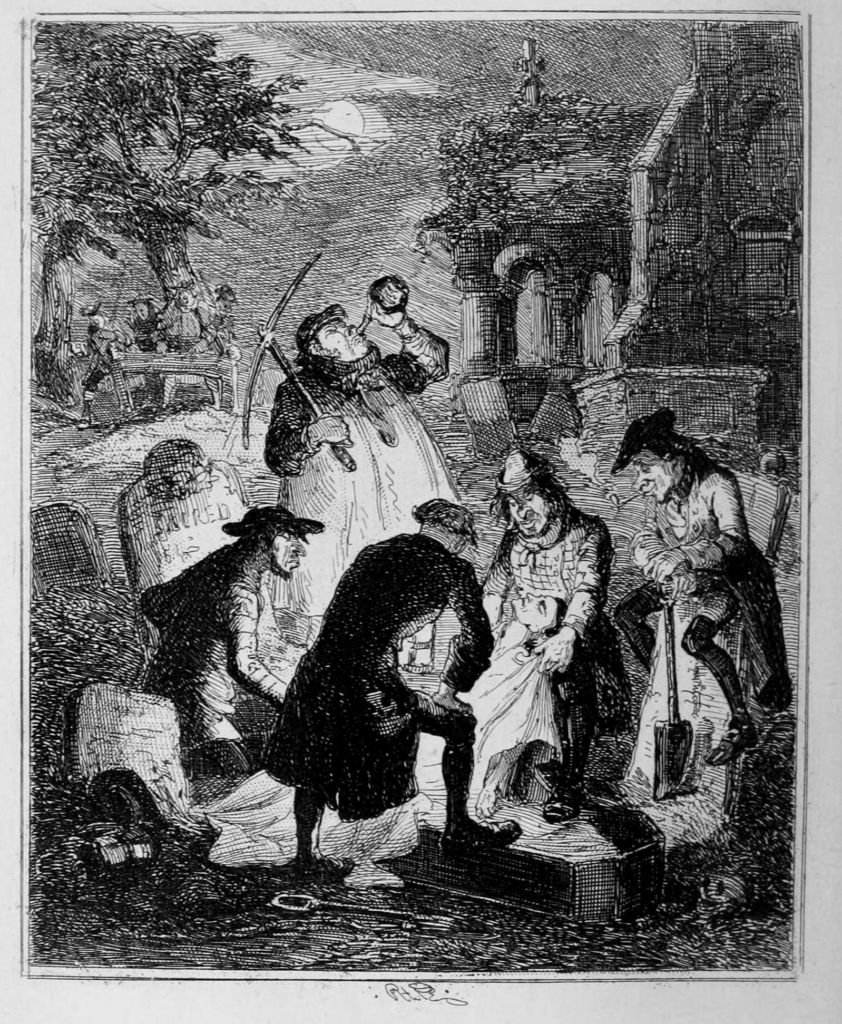
Universities had to hire “resurrectionists” to keep up with the demand for cadavers. Grave robbing was popular in Britain.
Even though “resurrectionists weren’t well-liked by the community for obvious reasons, this profession became obsolete with the passing of the Anatomy Act in 1832, which made it illegal.
Resurrectionists would often get caught and charged with grave robbing. With the development of modern medical schools, this profession is no longer needed.
Cigarette Girl
Cigarette girls were once ordinary in America, particularly in the early 1900s.
They would walk around smoking establishments, like bars and clubs, selling cigarettes to customers.
Cigarette girls usually wore revealing outfits and were a sort of eye candy, selling cigarettes from a box around their neck.
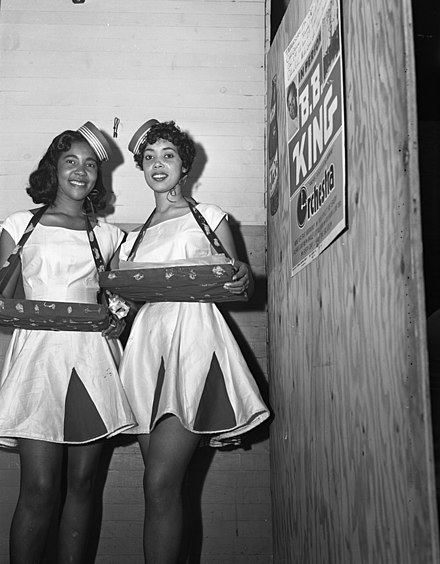
However, this profession started to decline in the mid-1900s with the advent of self-service cigarette machines.
By the late 1900s, the trade was a thing of the past.
Groom of The Stool
This job may be one of the strangest thus far, but someone had to do it.
The Groom of the Stool was responsible for speaking with the King and providing them with the essentials they needed to go to the bathroom.
In addition, they would supply the monarch with towels, water, and a washbowl to finish his business.
It’s still debatable whether the Groom of the Stool wiped the King’s butt, but there is no definitive proof on this one.
The Groom of the Stool would also empty the chamber pot.
Going to the bathroom was extremely private, and the position was necessary since the Groom also acted as a confidante to the leader.
Under Henry VIII, The Groom even monitored the King’s bowel movements to ensure he was in good health and, if not, spoke to doctors to remedy the situation.
Eventually, this position evolved but never lost value; most could attribute a financial advisor to a Groom of the Stool.
Job Evolution And Loss Are Natural
While it may have been upsetting for those who lost their jobs to new technology, it’s important to remember that this is a natural part of evolution.
As our world changes, so do the professions that we have.
It’s fascinating to look back and see all the different jobs that have come and gone throughout history.
With the invention of new technology, there will likely be even more strange and unique jobs that will disappear in the future.
Who knows what professions will become obsolete in the years to come? Only time will tell.
Potential Job Disappearance in The Future
As we discussed, jobs have come and gone throughout history.
With the invention of new technology, professions will continue to disappear.
Many workers are worried about the disappearance of their jobs.
With driverless cars on the horizon, taxi companies and Uber drivers are concerned about losing their jobs.
Artificial Intelligence could replace many jobs humans do.
According to the World Economic Forum, approximately 40% of workers believe their jobs will be obsolete in the next five years.
Furthermore, about 6 out of 10 people are concerned that automation is putting many jobs at risk, and almost the same percentage of people believe it’s true.
Unfortunately, no one has a crystal ball, but if history indicates, many jobs will likely disappear in the years to come.
5 Jobs That May Disappear in The Next 5 Years
While it’s impossible to definitively say which jobs will disappear in the next five years, there are maybe some professions that are more at risk than others.
Here are five jobs that may not exist in the next five years:
Cashier
In recent years, more talk has been about the likelihood of a cashless society.
With advances in contactless payments, Apple Pay, and even cryptocurrencies like Bitcoin becoming mainstream, this idea doesn’t seem so far-fetched anymore.
While some people still prefer cash to manage their spending better, one thing is for sure: self-service tills and stations are eliminating the need for human tellers.
With self-checkout already a common sight in supermarket chains and even fast-food restaurants, it’s only a matter of time before all stores do away with traditional checkouts.
Bank Teller
Local bank branches will gradually close as online, and telephone banking becomes increasingly popular.
People find these methods more convenient and user-friendly, allowing them to manage their accounts from home without any hassle.
Banks will remain open since people will always need to consult with financial advisors from time to time.
Taxi Drivers
While Uber sold its self-driving car division in late 2020, many believed that Uber drivers would be out of work as the company reworked millions of dollars worth of fares into its driverless vehicle projects.
However, while issues plagued Uber’s autonomous cars, it’s only a matter of time before the kinks are all ironed out and these cars become mainstream. Not to mention, Tesla driverless cars continue to improve.
When these vehicles eventually make their way onto roads, it will spell trouble for taxi and Uber drivers.
If you run a taxi company, it’s lunacy to pay someone money to drive a vehicle for you when you have one that can drive itself!
Demand for human-driven cabs may drop as automation improves, but they will struggle to compete as costs decline.
Travel Agent
In the past, to book a summer vacation, you would have needed to go into a travel agency and speak with a sales representative.
However, nowadays, anybody can easily compare prices and put together their holiday using various comparison websites.
These days, all you need to plan a trip is your bank card and some free time.
Websites like Trivago and Opodo make it easy to find flights and hotels that fit your budget and schedule.
This shift has caused many travel operators to close their brick-and-mortar locations in favor of online offerings.
Mail Carrier
While The delivery industry will still need couriers to transport packages; however, the future of traditional mail carriers appears bleak.
Mail carriers’ positions may be in jeopardy mainly because bills and statements will be online in the next 20 years, junk mail will move from your letterbox to your email inbox, and writing letters will no longer be viable.
Not to mention that the drone delivery trend is taking off (pardon the pun).
According to McKinsey, at least 2,000 drone deliveries are occurring each day worldwide in 2022, leading up to 1.5 million overall.
Furthermore, these numbers are only increasing as technology improves.
Job Loss Also Brings About More Opportunities
While automation and digitalization may put some people out of work, they will also open up new opportunities.
We’ve already seen this happen with the rise of social media influencers, YouTubers, and podcasters.
With the technological advances of the next few years, there will be even more opportunities for people to start their businesses and forge their own paths.
Jobs like Tradesmen, Personal Assistants, Lawyers, and Event Planners will always be in demand. So, don’t worry too much about the future!
It’s also possible for people to retool and reskill themselves for the jobs of tomorrow.
For example, if you’re a taxi driver worried about autonomous vehicles putting you out of a job, why not learn to code?
You can make yourself invaluable in the ever-changing business world with a little effort.
While the future may be uncertain, there’s no need to panic.
The world is constantly changing, and people have always found a way to adapt.
So don’t be too disheartened if a machine replaces your job in the next few years.
Remember, with hard work, you can always find a way to stay ahead of the curve.



